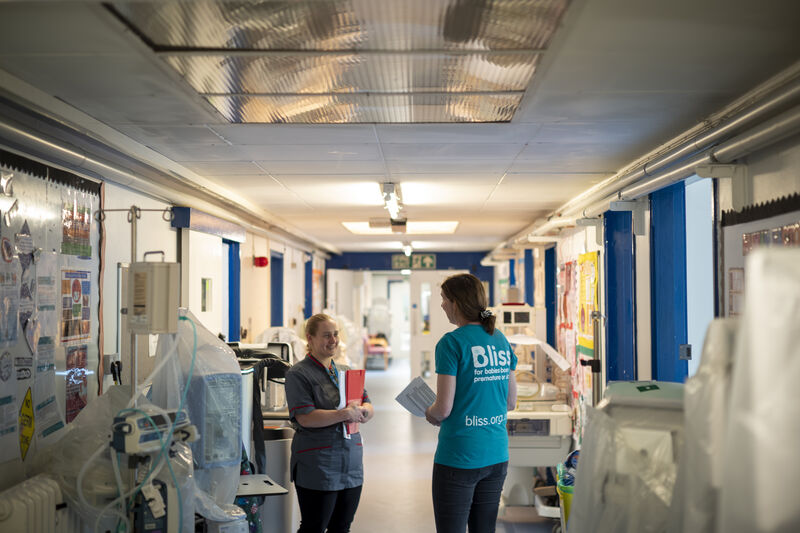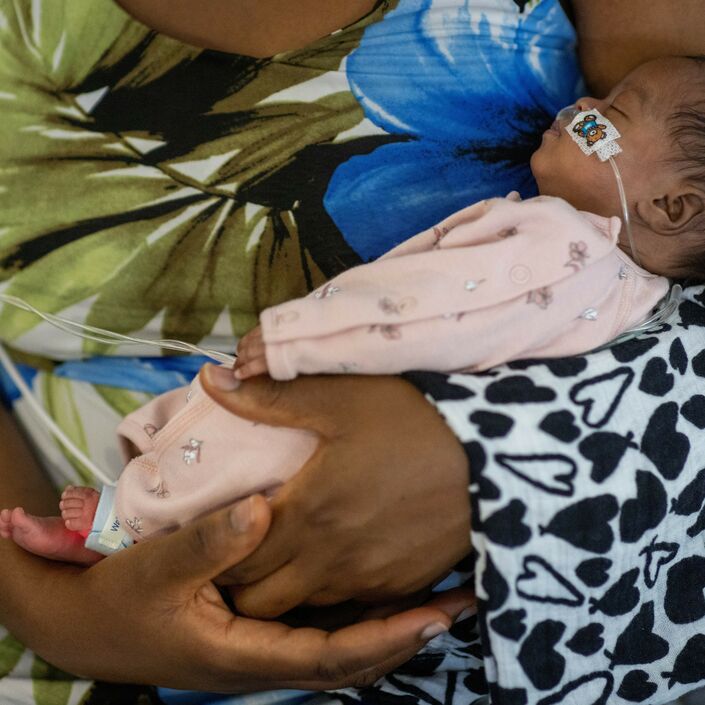In 2017, a review of neonatal and maternity services, The Best Start: A Five Year Forward Plan for Maternity and Neonatal Services in Scotland, was published. This set out recommendations aimed at improving the quality of care and outcomes for babies across these services.
One of the biggest recommendations for neonatal services was to make sure that they were set up in a way which will provide the safest, high-quality care for babies now and into the future.
The 2017 review found that Scotland had too many Neonatal Intensive Care Units (NICUs) for the number of babies born yearly who need long term intensive care or very specialist treatment. It recommended that some of these NICUs become Local Neonatal Units (LNUs) instead, with the care for the sickest babies concentrated in three NICUs.
This decision has been made because evidence shows that outcomes for very sick and small babies, including survival rates and long-term neurodevelopment, are better when these babies are delivered and/or treated in a larger neonatal intensive care unit.
This is because staff are more easily able to improve and maintain their skills and meet standards of clinical best practice if they are treating a higher number of the smallest and sickest patients. Ultimately, this means babies will receive safer care and will have better outcomes.
It has today been confirmed that in the future, the three NICUs providing specialist care to the smallest and sickest babies in Scotland will be:
- Royal Hospital for Children, Queen Elizabeth University Hospital in Glasgow
- Simpson’s Centre for Reproductive Health, Edinburgh Royal Infirmary
- Aberdeen Maternity Unit
No units will close down, and those units affected by the changes will be re-designated as LNUs, which will still provide the majority of neonatal care for their local population.
For most babies needing neonatal care, this change should not affect the hospital they receive care in. Only a very small number of the smallest and sickest babies needing long-term intensive care or very specialist care will be transferred to a different hospital for some of their care under these changes.
Bliss Chief Executive, Caroline Lee-Davey, said: “At Bliss, we believe the proposed changes have the potential to improve the quality of neonatal services in Scotland, as well as improve the care provided to babies and their families.
“Reconfiguring services will help to make sure that the smallest and sickest babies requiring highly specialist intensive care every year will receive the best and safest care at a unit fully equipped for their needs.
“It is crucial for parents to be by their baby’s side in hospital, playing a hands-on role as partners in care with the medical team. When babies have to be transferred further from home to receive the best care, appropriate support must be provided to enable their parents to be at their cotside as much as possible, including through the Young Patient’s Family Fund, which enables families to claim financial assistance to support them during their baby’s neonatal stay.”


